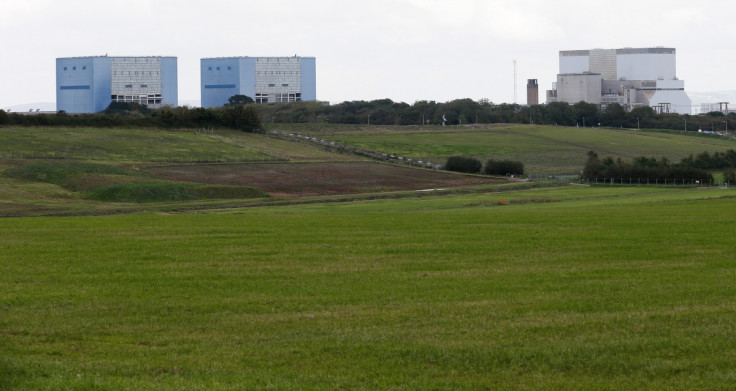French unions 'unlikely' to back controversial Hinkley Point project

The Hinkley Point project has been dealt a fresh blow after French unions said they would vote against the scheme to build the UK's first nuclear power plant in three decades. The workers' committee of French state-backed utility firm, EDF, which has been contracted to build two new reactors in Somerset, said it is "unlikely" to back the project "in its current state".
The £18bn-scheme ($26bn, €18bn) has faced repeated delays amid French concerns over its cost, with EDF holding talks with unions trying to highlight the project's merits.
Trade union members hold six seats on EDF's 18-member board, and their objections that Hinkley Point could threaten the company's balance sheet have delayed a final investment decision at least until September.
"We have reservations about several aspects of the project: organisation, supply chain, installation and procurement," Jean-Luc Magnaval, secretary of the EDF Central Works Committee, told the BBC.
"The trade unions are unlikely to give their blessing to the project in its current state. We are not reassured by the documents we have received. We have been given a marketing folder, not the full information we require."
Troubled project
EDF, which is 85% owned by the French government, was set to finance two-thirds of the construction of the 1,600-megawatt Areva-designed European Pressurised Reactors, alongside two existing plants in Somerset, with China General Nuclear Power Corporation contributing the rest.
However, the energy company is reported to be struggling to raise the £12bn it needs to build the power plant, with some French union members calling for the final investment decision to be pushed back by two to three years.
EDF's share price has plummeted by half over the past year. amid soaring debt and falling electricity prices. On 24 May, the chief of EDF's UK arm told MPs in the House of Commons that he did not know how long it will take for the company to make a final investment decision on Hinkley Point.

"I understand the impatience... at the same time, we have to remain calm and dispassionate," said Vincent de Rivaz. "We need to deliver this project for our client – the British government, the British customers, the British energy market – when it is needed.
"We think that we are ready and should go ahead... [but the unions] challenge the fact that we are fully ready. They challenge the fact that we have to make the decision now."
The Hinkley Point project is scheduled for completion in 2025. The reactors are among the biggest in the world and will provide up to 7% of Britain's electricity needs when they become operational. It is the cornerstone of Prime Minister David Cameron's strategy to "keep the lights on" in Britain in the next decade.
The government says the scheme will create 25,000 jobs and slash Britain's carbon emissions, but opponents have objected to it on economic and safety grounds.
Critics have also been angered by the government guaranteeing a price of £92.50 per megawatt hour of electricity, generated from the reactors – more than double the current cost.
They fear the move could lead to higher household bills and distort future investment in energy generation.
© Copyright IBTimes 2025. All rights reserved.






















